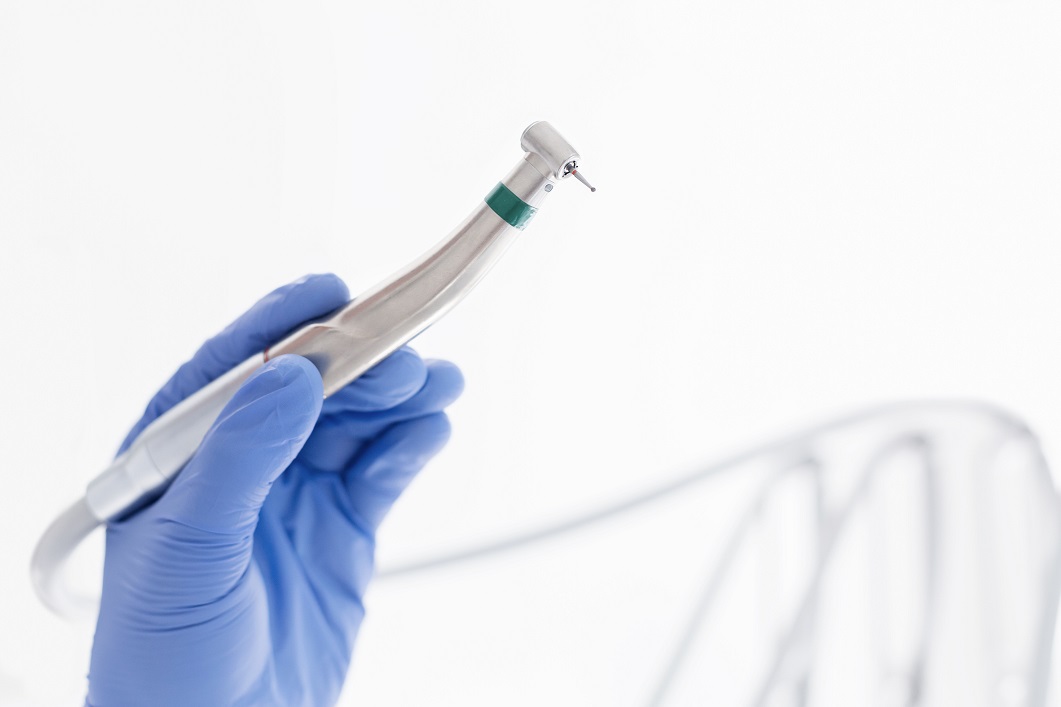
Dental Drill Appreciation Day
Dental instruments are high-tech, specialized and very effective. Today we are taking a closer look at the dental drill as we celebrate Dental Drill Appreciation Day.
For some, the idea of appreciating a dental drill is unbelievable, but when you consider how far we have come with technology, it allows a greater appreciation for modern dentistry.
1790 – Foot-treadle spinning wheels expanded from thread spooling to dental drilling in 1970. Invented by George Washington’s personal dentist, John Greenwood, the first dental drill was powered by a foot engine. While it was difficult to use and operated at a super slow speed, it opened the gateway for future development.
1864 – Patients of George Fellows Harrington had to cover their ears during procedures. In 1894, he invented a clockwork dental drill that ran faster than previous drills but emitted a deafening noise.
1957 – Dental instruments in the U.S. made a huge leap forward when John Borden invented the first modern dental drill in 1957. His high-speed, air-driven dental drill took only minutes to prep teeth for fillings.
2021 – Today’s dental drills reach such high speeds by operating with air or electricity. While the noise may scare some, they make dental work significantly easier and far more accurate.
Dental drills today run at hundreds of thousands of rotations per minute, while the earliest dental drills ran as slow as 2,000 rotations per minute.
Dental drills are multipurpose tools used to protect teeth.
To prepare teeth for fillings, we must use the drill to remove existing decay, making sure the filling is successful and lasts a long time.
Teeth that require crowns or other restorations need to be shaped so the cap (crown) fits well and doesn’t pop off. The drill may also be used to remove old crowns and fillings that need replacing.
Dental drills are strong made from materials like tungsten carbide and diamonds.
If you are one that doesn’t like the sound of the drill, the best way to avoid it is to practice good dental hygiene! Brushing your teeth at least 2 times each day and making regular dental check-ups will help keep the dental drill at bay.
Leave a reply →